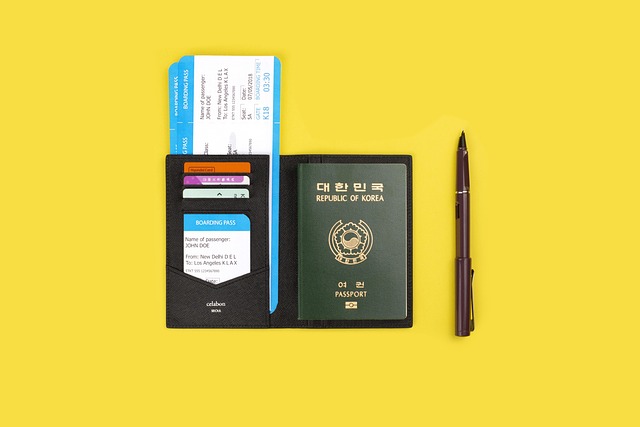In today’s interconnected world, the advent of technology has transformed the way we communicate and share our lives. Social media platforms like Facebook, Twitter, and Instagram have become seamless extensions of our identities, allowing us to project curated versions of ourselves to friends, family, and the public at large. However, this connectivity comes at a cost, especially in the realm of data protection. One emerging solution that is gaining traction is the concept of a digiтal passport.
The digital passport is envisioned as a secure digital identity that individuals can control and use across different platforms. Unlike traditional passports, which serve primarily for travel, a digital passport would encompass various facets of our online presence, including personal information, preferences, and even social media accounts. By utilizing advanced encryption and privacy technologies, a digital passport aims to put the power back into the hands of users, enabling them to manage who accesses their data and how it is used.
Social media has undeniably connected us in ways previously unimaginable. Friendships are forged across continents; family connections are maintained despite geographical distances. However, this convenience paradoxically opens the door to numerous security threats. With personal information being the currency of the digital age, cybercriminals and bad actors can exploit vulnerabilities to breach our privacy. The need for robust data protection has never been more critical.
Imagine logging into your social media accounts with a digiтal passport. This would not only streamline the process but would also enhance your data security. Instead of providing individual platforms with your personal information, you would simply authenticate your identity through this digital gateway. This reduces the risk of data breaches as your core information is safeguarded and only shared on a need-to-know basis.
Furthermore, creating a layered security approach through digital passports can offer users more awareness and control. Features might include alerts for suspicious activities or the ability to revoke access to certain platforms at the click of a button. In a world where individuals frequently give their data away, this sense of agency can be empowering. It shifts the paradigm in which users are often treated as passive data points by corporations, reminding us that our information and privacy are inherently valuable.
However, the transition to utilizing digital passports on social media is not without its challenges. There are concerns over adoption, regulation, and technological integration. As with any new technology, the path to implementation may be paved with hurdles as society debates ethical considerations, including consent and ownership of data. The conversation surrounding the digital passport is crucial for ensuring it serves as a protective measure rather than a new method for surveillance.
Ultimately, our social media experiences can significantly benefit from the structure that digital passports offer. As we venture further into the digital age, a solution that balances connectivity with robust data protection is not just desirable, it is essential. Through fostering user empowerment and safeguarding personal information, digital passports may soon play a pivotal role in defining how we interact in both social and digital spaces.




